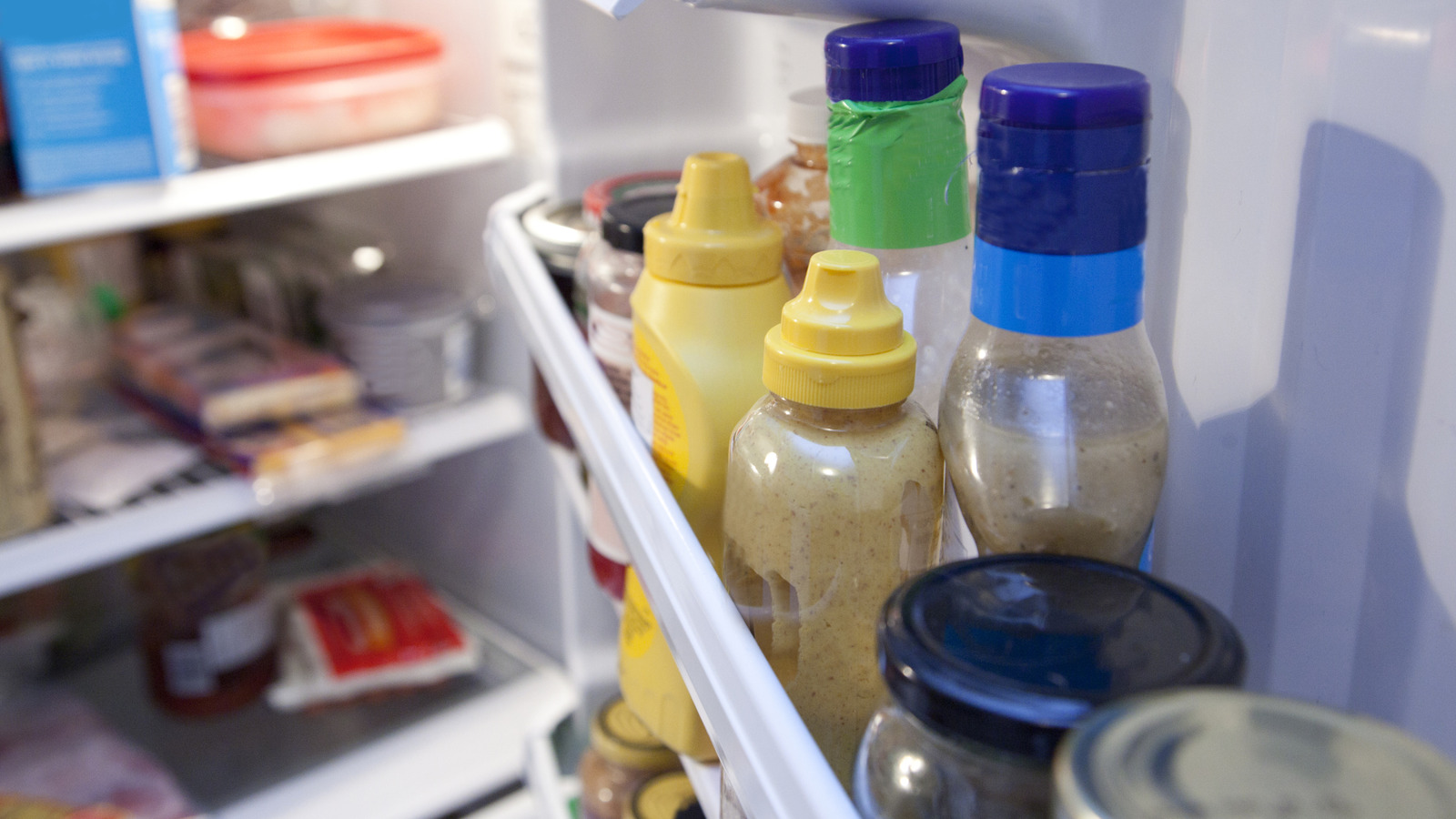
"When it comes to storing condiments, the general rule of thumb is that anything which consists of perishable ingredients such as dairy and eggs should be kept in the refrigerator. Even items that contain fresh fruits or vegetables, like jams, preserves, and jellies, belong in the refrigerator after opening. That means, the next time you open a bottle of Caesar dressing to drizzle over your grilled chicken Caesar salad, it's a good idea to stick it in the fridge."
"Condiments like mayonnaise and ketchup are a little more tricky. There are contrasting beliefs regarding how to store these popular items, but if you want them to say fresh for as long as possible, it's advisable to refrigerate them. Granted, this might seem counterintuitive because these are often sold at room temperature in the store, but refrigeration helps preserve their freshness."
"Condiments that contain natural preservatives such as salt, sugar, and acid are suitable for storing on the counter, like fish sauce, vinegar, and soy sauce. These will not spoil at room temperature. That said, their quality can deteriorate over time, so if you don't go through such condiments quickly, it may be a good idea to refrigerate them regardless. Doing so slows down the gradual decline of flavor and color."
Perishable condiments containing dairy, eggs, or fresh fruits and vegetables should be stored in the refrigerator after opening to prevent spoilage. Jams, preserves, jellies, and dressings with fresh ingredients require refrigeration. Mayonnaise and ketchup are best refrigerated to maximize freshness, despite often being sold at room temperature; refrigeration can notably extend shelf life. Condiments preserved by salt, sugar, or acid—such as fish sauce, vinegar, and soy sauce—can be kept at room temperature but may lose flavor and color over time. Checking ingredient lists helps determine proper storage; refrigeration is advisable if the condiment will not be used quickly.
Read at Tasting Table
Unable to calculate read time
Collection
[
|
...
]